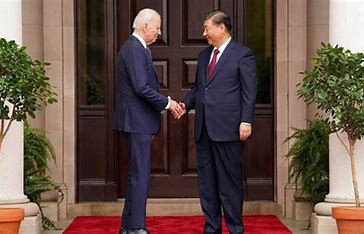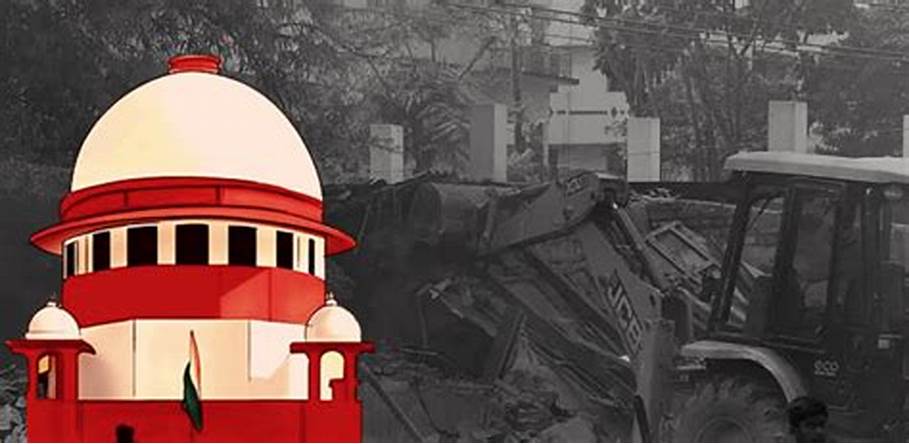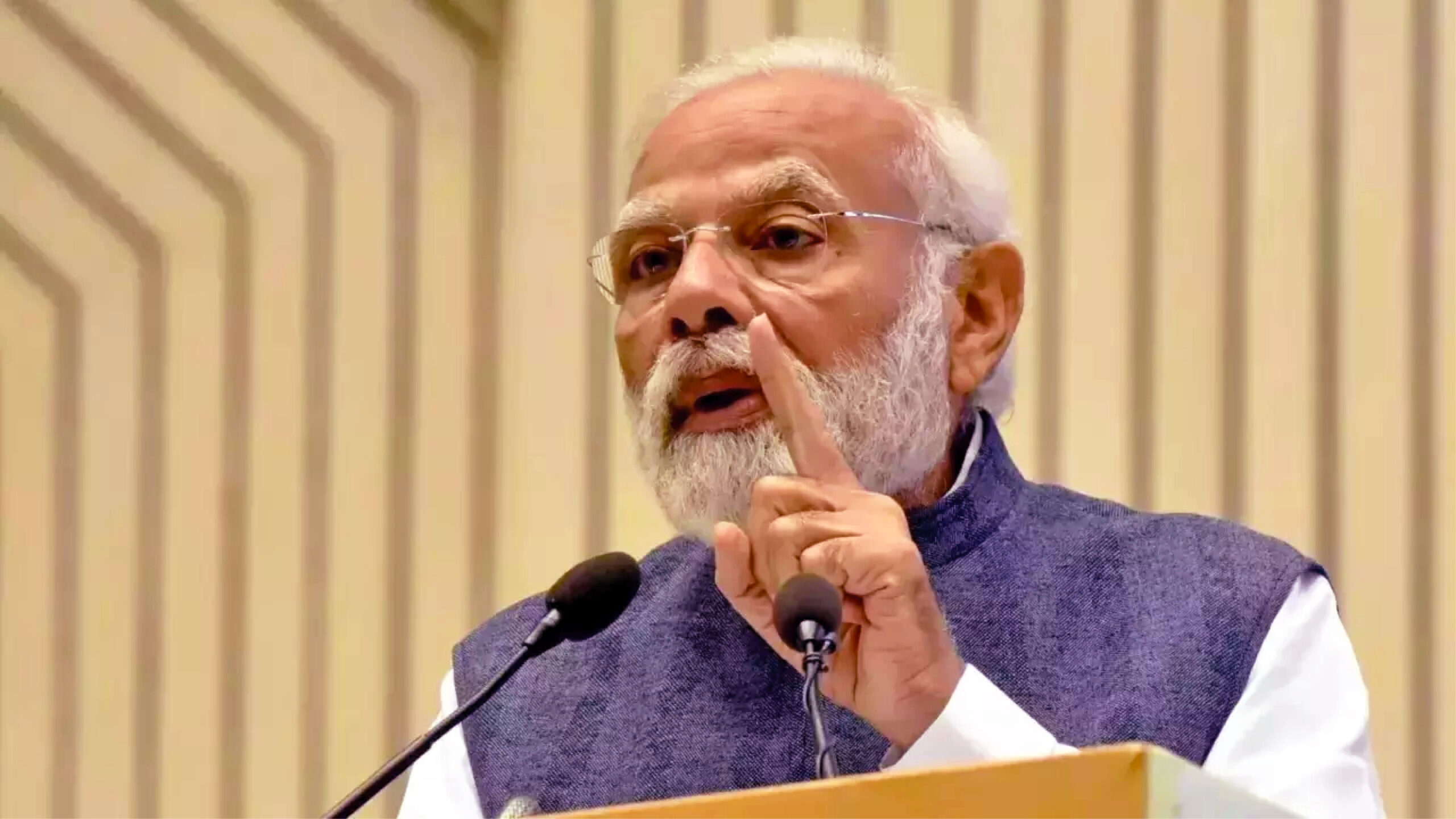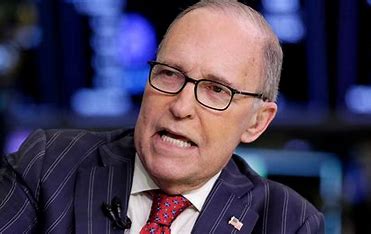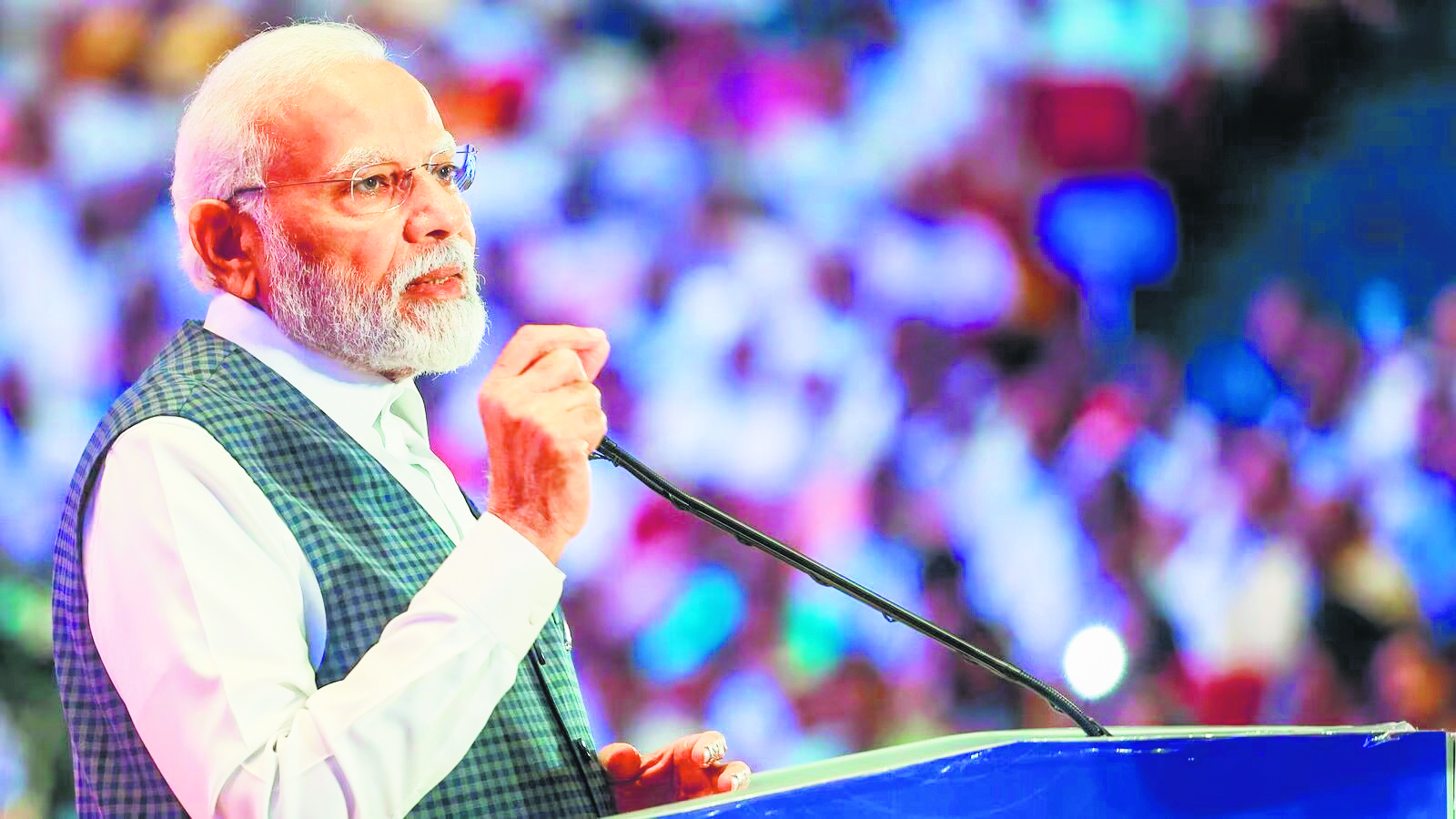
This sector is vital as it crucially connects Indian farmers to domestic and international markets. It is the fifth-largest industry in terms of production, consumption, exports, and growth potential. Moreover, the export of processed food has increased as high as 150 percent in the last nine years, that is, since 2014. Therefore, it is not without good reasons one can say that India’s food processing sector has emerged as a “sunrise” industry.
Prime Minister Narendra Modi has himself disclosed that since 2014, India has been able to attract Rs 50,000 crore in foreign direct investment (FDI) in the food and the food processing sector. In other words, this states India’s position of strength. Now an important feature of the debate. Prime Minister Modi in the context of the International Year of Millets, has recognized millets as an integral part of India’s ‘superfood bucket’. Mr. Modi has called for a worldwide awareness campaign on millets, drawing parallels with the impact of International Yoga Day.
The growth of millets production will also help in promoting global health and sustainable agriculture. Do not forget, the traditional food grains of Bharat, like Jowar and Bajra are now recognised by the United Nations as the most nutritious food. Millets can truly emerge as a guarantee for the nutritious food security and farmer’s prosperity. Now a closer look at some important data. The capacity of the food processing sector has increased from a meagre 12 lakh tonne to over 200 lakh tonne.
As a result of these, India stands at the seventh position with an overall export value of more than 50,000 million USD in agricultural produce. Thus, what is important to understand is that the overall scene in the food and food processing sector is of OPTIMISM. The Modi government has ensured food security for the country and also provided a big boost to the food processing sector. Millets are one of the perennial foods known to humans yet its usefulness was never recognised and tapped. There was non availability of good quality seed, lack of technologies, no encouragement, no subsidies to support. All these are changed under the NDA government in Delhi and the past prejudices against millets are the things of the past now.
At the World Food India 2023 Summit in Delhi recently, there was an event entitled ‘Reverse Buyer Seller Meet’. The event gave a platform to all important stakeholders. It was an occasion for formal and informal deliberations, and brainstorming sessions between industry professionals, farmers, entrepreneurs and other stakeholders. People looked for partnerships and wanted to explore investment opportunities in the agri and food sector. Even people from the northeast were not far behind. The northeast farmers are also in general sense excited today about developments like the creation of the Agri-Export Policy. This is the first such initiative in India. The central government’s initiatives for the establishment of more than 100 district-level hubs connecting districts to global markets are also being appreciated. Results are certainly positive. The government’s steps taken for the reforms have also yielded positive outcomes.
Small farmers are today looking ahead towards this government with a lot of enthusiasm. One can share here that in the first edition of World India Food Summit, Rs 75,000 crore was committed, out of which Rs 23,000 crore has come. Thus, the success rate is pretty good. This time also there have been a commitment of Rs 7580,000 crore commitment.
Finally, in today’s era Science and technology are key facets for success in any field. Hence the Food Processing sector cannot be an exception. On this Mr. Modi has rightly emphasized on the fusion of technology and taste as the driving force for the sector. Here is another catch.
The Prime Minister himself and other participants from the government highlighted the success of the Production-Linked Incentive — the PLI scheme in the food processing sector. This has provided significant support to newcomers. The Prime Minister has emphasized the pressing importance of sustainable agriculture, food security, and nutrition security, as emphasized in the Delhi declaration by the G-20 group.Hence, what needs to be done is the seamless integration of technology, innovation, and tradition. Such moves will certainly ensure a prosperous future for India’s food processing industry.
(Views expressed here are personal)
Dr M Chuba Ao is BJP national vice-president.

